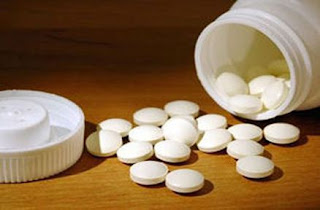Top 6 Proven Strategies for Daily High Blood Pressure Management
Introduction Managing high blood pressure is crucial for maintaining long-term health, especially for those at risk of heart disease. Here, we explore six vital daily practices that can significantly influence your blood pressure levels. 1. Eliminate Smoking Smoking increases blood pressure temporarily, and habitual smoking can lead to sustained hypertension. Avoid all forms of tobacco, including smokeless products, to reduce health risks and manage blood pressure more effectively. 2. Maintain a Healthy Weight Being overweight often correlates with higher blood pressure. Shedding even a moderate amount of weight can have a significant impact on your blood pressure levels. Aim for a balanced diet and regular physical activity for gradual and sustainable weight loss. 3. Adopt a Heart-Healthy Diet A diet rich in vegetables, fruits, fish, whole grains, and low-fat dairy can help lower blood pressure. Limit salt intake, as it's a known contributor to hypertension. Consider the DAS...
